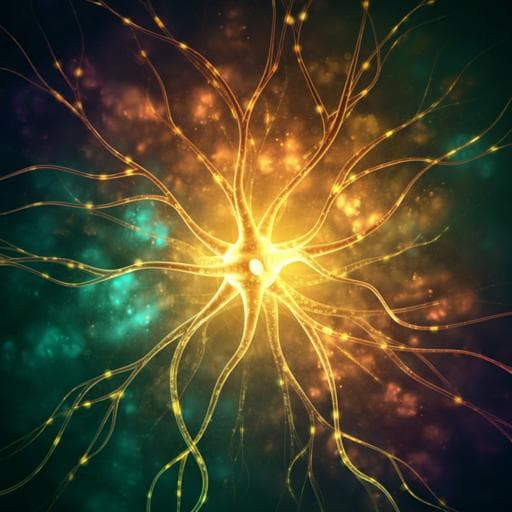
Psychology
Repeated exposure with short-term behavioral stress resolves pre-existing stress-induced depressive-like behavior in mice
E. Lee, J. Park, et al.
Discover how chronic stress and glucocorticoids interact in surprising ways to alleviate stress-induced depressive-like behavior in mice. Research by Eun-Hwa Lee and colleagues reveals that a simple five-minute stress resolution technique can reverse mood disorders, illuminating complex neural pathways. Dive into the science behind this innovative approach!
Related Publications
Explore these studies to deepen your understanding of the subject.







